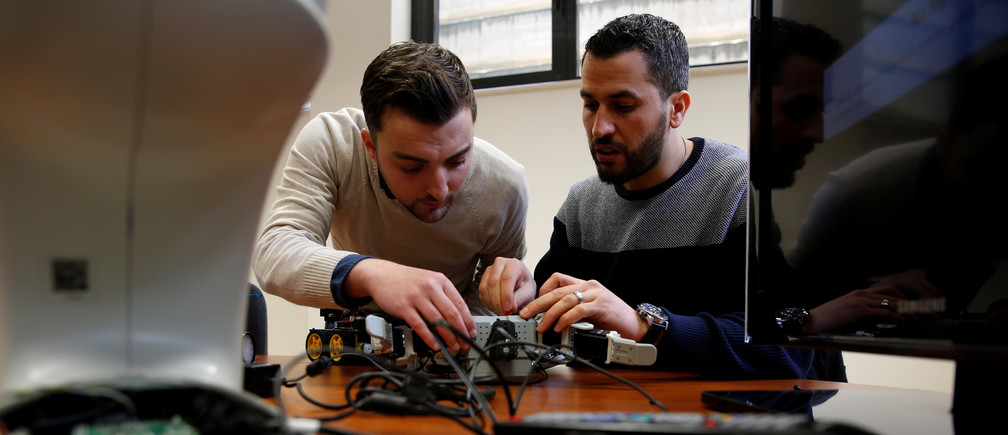Access to skilled workers is already a key factor that sets successful companies apart from failing ones. In an increasingly data-driven future – the European Commission believes there could be as many as 756,000 unfilled jobs in the European ICT sector by 2020 – this difference will become even more acute.
Skills gaps across all industries are poised to grow in the Fourth Industrial Revolution. Rapid advances in artificial intelligence (AI), robotics and other emerging technologies are happening in ever shorter cycles, changing the very nature of the jobs that need to be done – and the skills needed to do them – faster than ever before.
At least 133 million new roles generated as a result of the new division of labour between humans, machines and algorithms may emerge globally by 2022, according to the World Economic Forum. There will also be strong demand for technical skills like programming and app development, along with skills that computers can’t easily master such as creative thinking, problem-solving and negotiating.








